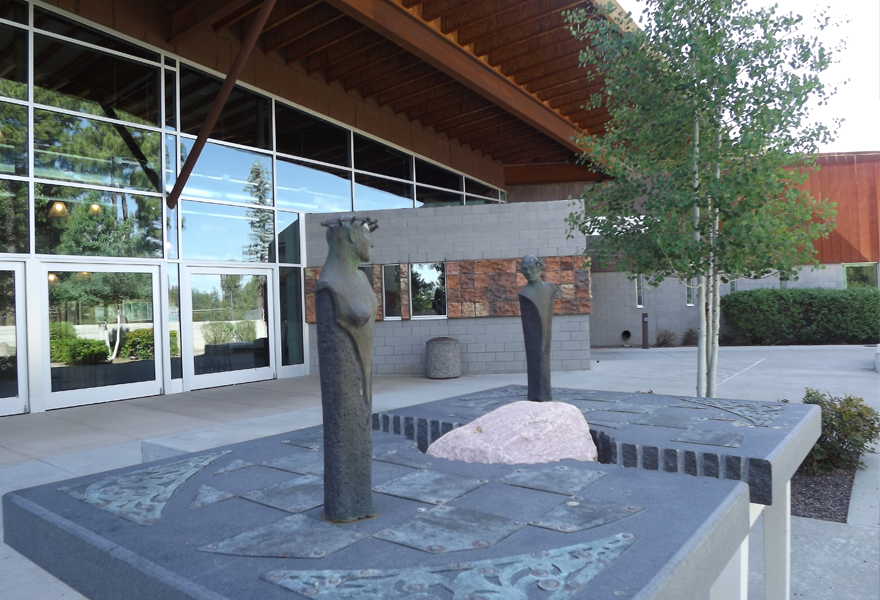
Research Integrity and Human Subjects Protection
Any Coconino Community College (CCC) employee, department, subsidiary, or associated party who wishes to conduct research on behalf of CCC must first communicate its intent to the Office of Institutional Research for review and coordination using the Intent to Research Application Form below. This includes (a) research, (b) research-related activities, and (c) training projects that have a research component.
If you are unsure about whether or not a project qualifies as research involving living human subjects meeting the criteria below, submit the Intent to Research Form and Institutional Research will follow up with you.
Guidelines for Institutional Review Board (IRB) projects
According to federal regulations (specifically, 45 CFR 46), Institutional Review Boards have the responsibility of overseeing the ethical standards in research involving human subjects. This responsibility is broken down in more detail below to clarify what projects should and what projects should not be reviewed by the IRB.
What is research?
Research, in the federal regulatory sense, is “a systematic investigation that is designed to develop or contribute to generalizable knowledge.” This includes research development, testing, and evaluation that contributes to generalizable knowledge.
In order to determine if a proposed project qualifies as research, the IRB must know the intent of the researcher. Will findings be published or presented to external audiences? Will any outcome of the study, whether in the form of data analysis or methodological advances or anything else, be reported as a means to disseminate knowledge and advance the field? These possibilities should be considered when deciding if your project needs to be reviewed by the IRB.
- Projects done in fulfillment of a course or “class project” and that will be presented to the class are not considered to contribute to generalizable knowledge.
- Program evaluation projects in which the findings are reported to an oversight agency or other interested party or used to develop a quality improvement plan also are not considered to contribute to generalizable knowledge.
What are human subjects?
The federal regulations define a human subject as a “living individual about whom an investigator conducting research obtains:
- data through intervention or interaction with the individual
- identifiable private information”
Research involving records from deceased individuals, such as in historical studies, does not need to be reviewed by the IRB. Projects in which information about a thing, such as a process, is collected from individuals, but personal identifiers or any information about the informant is not collected, also do not need to be reviewed by an IRB. Research collecting private information must be reviewed by the IRB. Private information is information that can cause the identity of the participant to be associated with the information provided or allow the participant’s identity to be readily ascertained by the researcher.
Projects that meet the criteria described under both of the questions above require review by an IRB. That is, the project must both:
- be research, as defined above
- involve living human subjects
Student projects that are solely classroom directed exercises do not require IRB review if they meet all of the following criteria:
- the primary purpose is a learning experience in the methods and procedures of research; AND
- there is uniformity in the research methods conducted by all students (i.e., all students will use the same instruments or methods (surveys, questionnaires, interview guides), to collect the data and/or consent procedures); AND
- Involve no more than minimal risk; AND
- the project does not include sensitive topics or vulnerable populations, such as children or prisoners; AND
- the data must be recorded anonymously by the students (i.e., with no names, social security numbers, or any other codes that can be linked to a list of names, or the recorded data will not identify the subjects through their behavior); AND
- where and whenever possible, the research takes place in a public setting with public access, such as: a classroom, department, dormitory, or other campus setting, a shopping center, park, or street; AND
- the data will not be used beyond the classroom environment (i.e., the data is only used for instructional purposes, which can include a course paper or oral class presentation only. The data cannot be published or presented at a conference, colloquium, department colloquium or poster presentation and cannot be used in further research by the student, other class members and/or the instructor).

